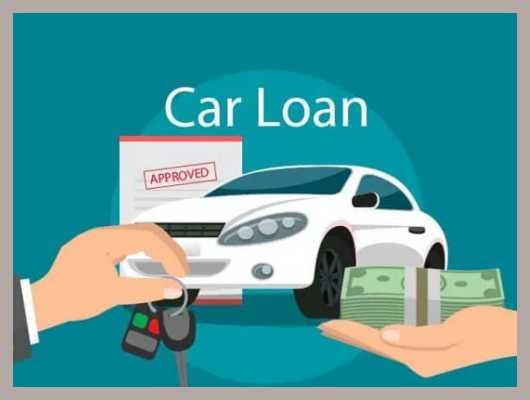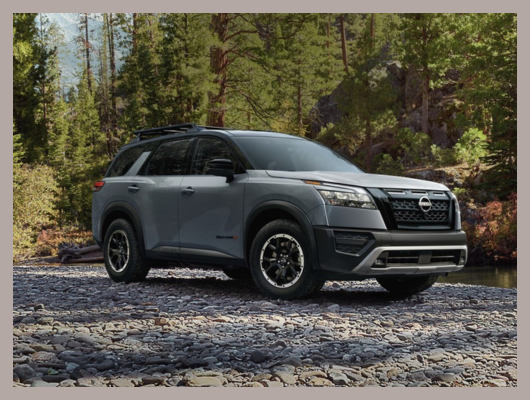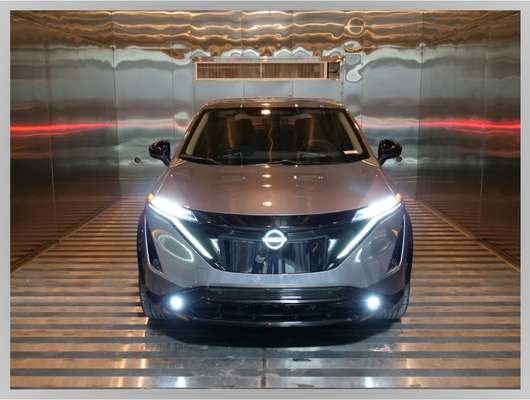5 Reasons You Shouldn't Use Credit To Finance Your Vehicle
So, you're in the market for a car and you’re going to be financing.
You might be thinking, "Hey, I have a line of credit with a decent interest rate. Why not just use that to finance or lease my car?" While it might seem like a convenient option, using your line of credit for your car can be a financial pitfall you want to avoid.
Let's break down why:
Variable Interest Rates
Lines of credit typically come with variable interest rates. This means the rate can fluctuate based on market conditions. While it might be attractive now, it could climb significantly in the future, making your car payments much higher than you initially anticipated.
A traditional car loan usually offers a fixed interest rate, providing predictable monthly payments and peace of mind.
Compounding Interest
Car loans are structured with simple interest, meaning you're only paying interest on the principal balance. With a line of credit, interest can compound daily or monthly.
This means you’re paying interest on the interest, which can significantly increase the total amount you repay over the life of the loan. Essentially, you're paying more for your car than you need to.
Negative Credit Score Impact
Using a large chunk of your available credit can negatively impact your credit utilization ratio. This ratio (the amount of credit you're using compared to your total available credit) is a significant factor in your credit score. A high utilization rate can signal financial instability to lenders, making it harder to secure loans or credit in the future, even for smaller purchases.
Plus, a car loan is a separate type of installment loan which diversifies your credit mix. This type of loan can be positive for your credit score. A line of credit does not provide the same benefit.
Repayment Discipline
Lines of credit often have minimum payments that seem manageable at first. However, these minimums might only cover the interest, leaving you struggling to pay down the principal.
This can lead to a cycle of debt, where you're constantly paying interest without making significant progress on the loan itself. A car loan has a structured repayment schedule, forcing you to pay off the principal within a set timeframe.
Potential For Higher Rates
With a traditional car loan, the car itself serves as collateral. If you default on the loan, the lender can repossess the vehicle. This protects the lender and often results in lower interest rates.
A line of credit is unsecured, meaning there's no specific asset backing the loan. This makes it riskier for the lender, which is often reflected in higher interest rates compared to secured car loans.
The Bottom Line
While using your line of credit to finance a car might seem like a quick and easy solution, it's generally a bad financial move.
The variable interest rates, compounding interest, potential damage to your credit score, and lack of structured repayment can lead to a much more expensive car and a mountain of debt.
Stick to a traditional car loan with a fixed interest rate and a clear repayment schedule. Your future self will thank you.
Instead of using your line of credit, consider these options:
- Shop around for the best car loan rates: Compare offers from different banks, credit unions, and dealerships.
- Save up a larger down payment: A bigger down payment means a smaller loan amount and lower monthly payments.
- Consider buying a used car: You can often get more car for your money by opting for a reliable used vehicle.
- Improve your credit score: A higher credit score can qualify you for lower interest rates on car loans.
If you have any further questions about financing your vehicle please, contact our team of experts today. They’d be happy to help give you all the information you need to make an informed decision.





